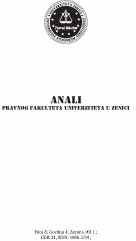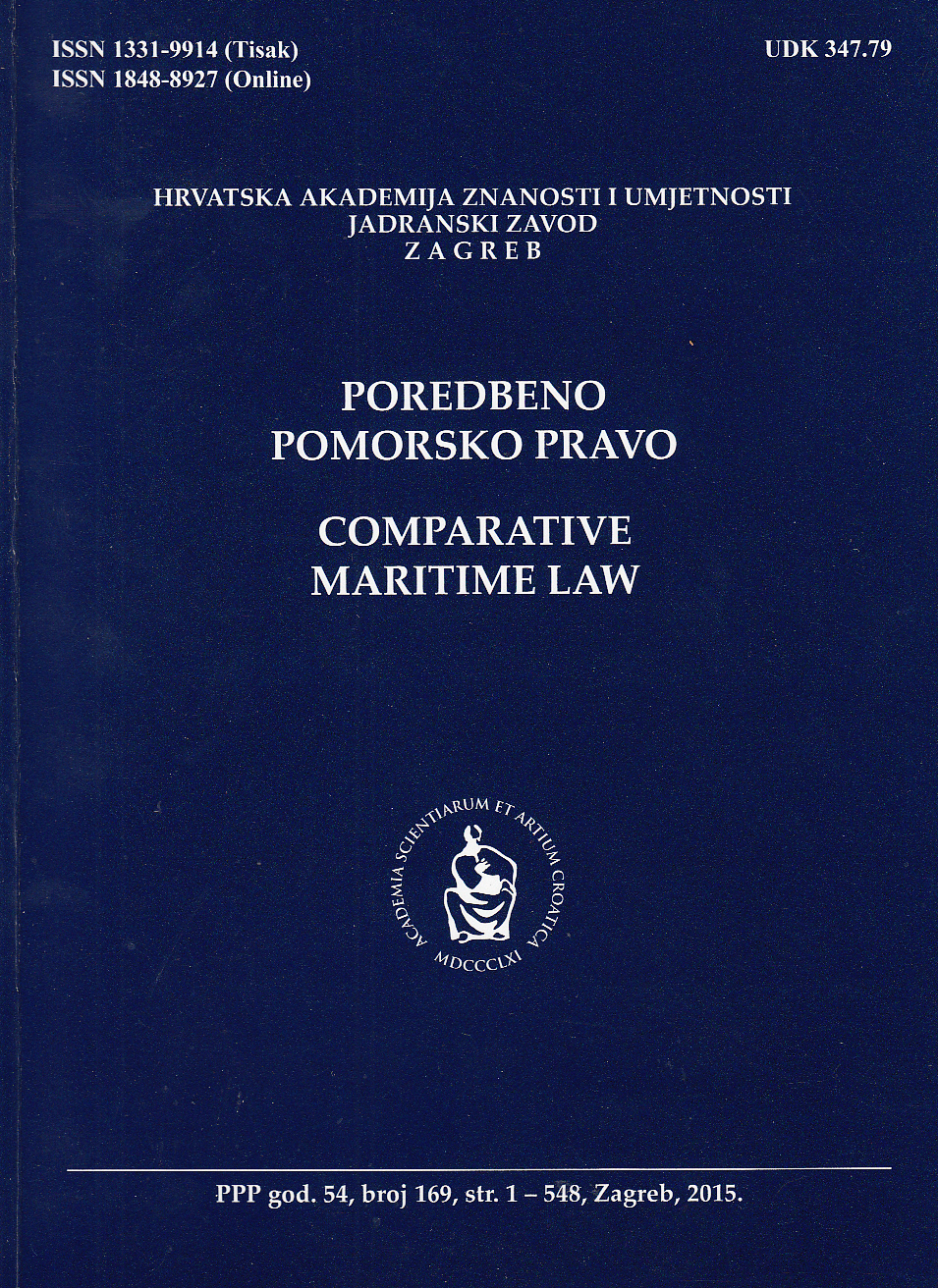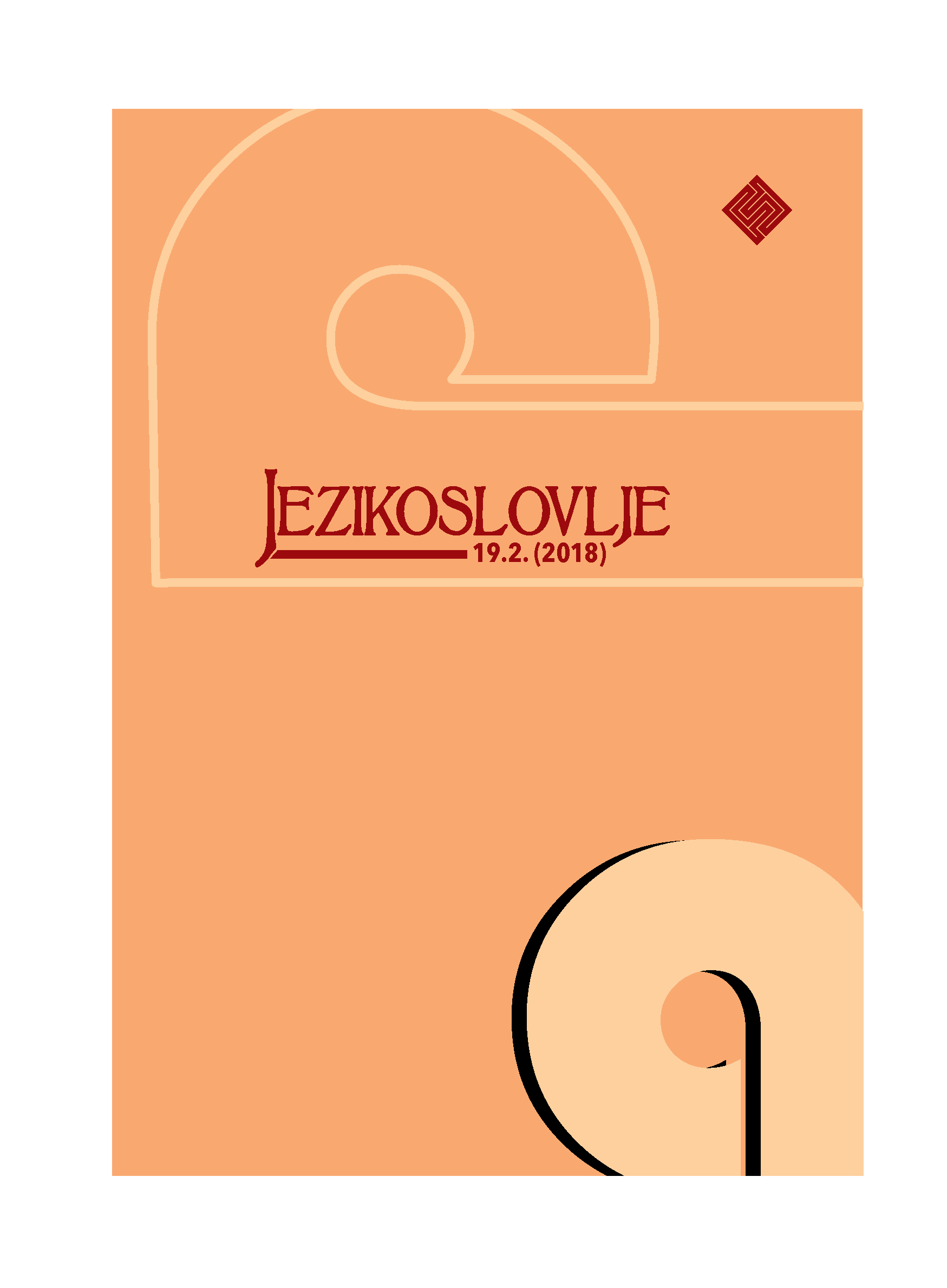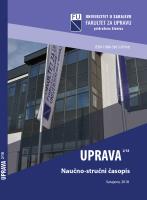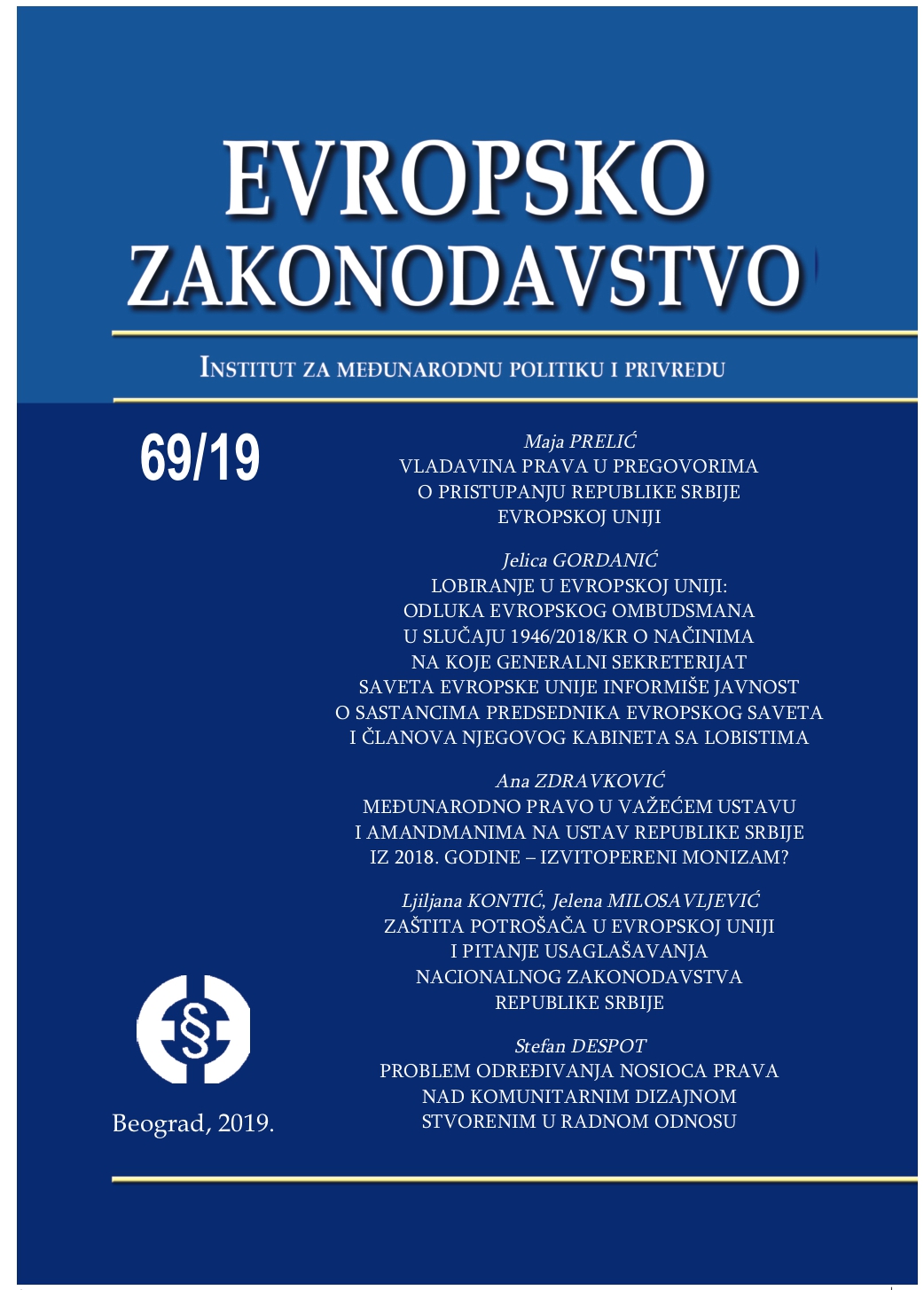ODGOVORNOST DRŽAVE ZA POVREDU MEĐUNARODNE OBAVEZE S POSEBNIM OSVRTOM NA MEĐUNARODNO IZVRŠNO PRAVO
Author(s): Enis Omerović / Language(s): Bosnian
/ Issue: 08/2011
Keywords: International obligation; international dispute; an internationally unlawful act; international responsibility of state; implementation; extradition; Ratko Mladić; the ICTY
The subject matter of this paper is international state responsibility for breach of international obligations, and related issue of enforcement and supervision of the execution of UN decisions of, as well as the implementation of international multilateral agreements. The author presents these institutes of Public International Law through analysis of individual case study from recent state practice, which refers to the question of the (non) extradition of indictee Ratko Mladić to the International Criminal Tribunal for the Former Yugoslavia (ICTY) by the state of Serbia. After introductory remarks, the author defines, under general international law, the concept of international obligation, international dispute, and an internationally unlawful act, and the question of attribution of those acts to one state. The author also demonstrates the basic features that are related to the concept and definition of international state responsibility, as well as the basic problem of carrying out the decisions of the UN organs and the provisions of international multilateral agreements. The sixth section of the paper addresses the issue of legal basis, i.e. the sources of international obligation in concreto. Every legal basis of the aforementioned international obligation on the state of Serbia is analyzed in detail, starting with the Convention on the Prevention and Punishment of the Crime of Genocide of 1948, decisions of the ICTY, UN Security Council decisions, and the General Framework Agreement for Peace in Bosnia and Herzegovina. The judgment of the International Court of Justice of the UN (ICJ) in the case R BiH vs. FR Yugoslavia is also being examined, as well as the Hague and Geneva law, the basic principles of general international law, the UN Charter and, finally, national legal acts of the state of Serbia related to the subject of research. The work, therefore, examines international state responsibility in international dispute, which originated from the relationship between state and international organisation and proves that in such a dispute, according to contemporary international law, international state responsibility cannot be determined in court proceedings. The paper, above all, through scientific and detailed analysis of a concrete case, proves that in the international legal order currently exist certain difficulties in terms of implementation, and offers appropriate recommendations. The paper proves general and derived hypotheses which are proposed in the introduction of the work based upon the terms and goals of the research. The author refers to domestic and foreign bibliography available at the time of research. For primary sources, the author uses jurisprudence of the International Court of Justice and the ICTY, and international declarations and conventions, especially the decisions of the UN Security Council, as well as the domestic law of the state of Serbia.
More...




